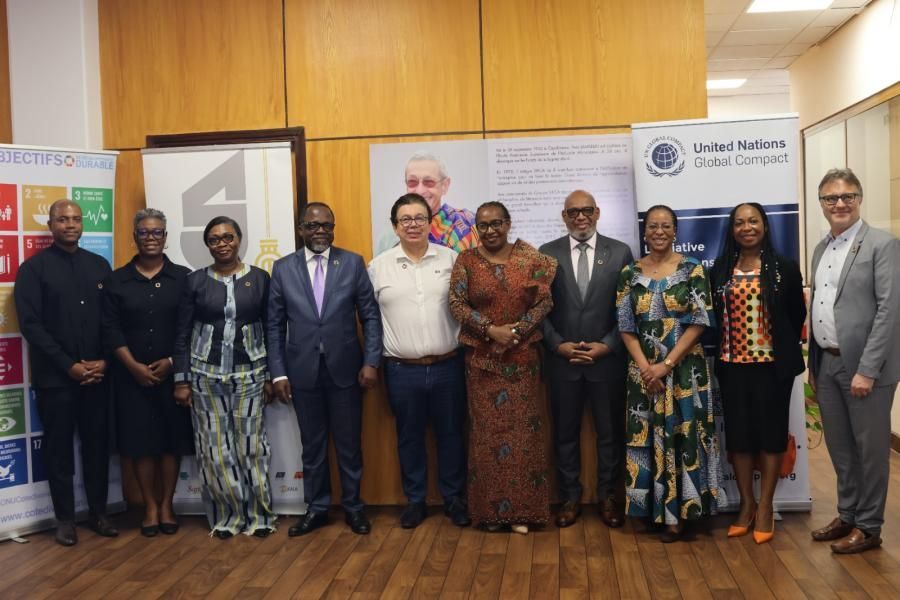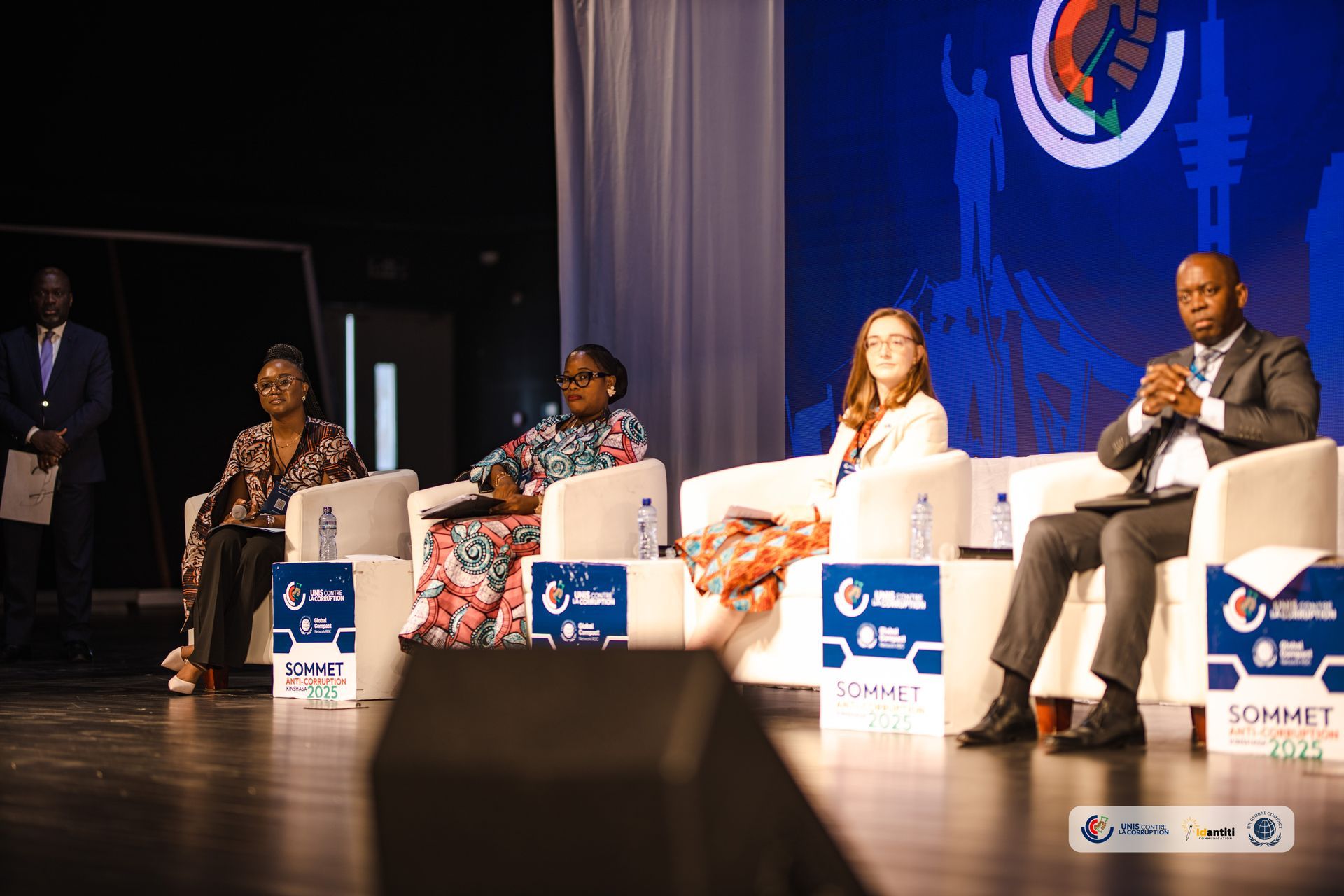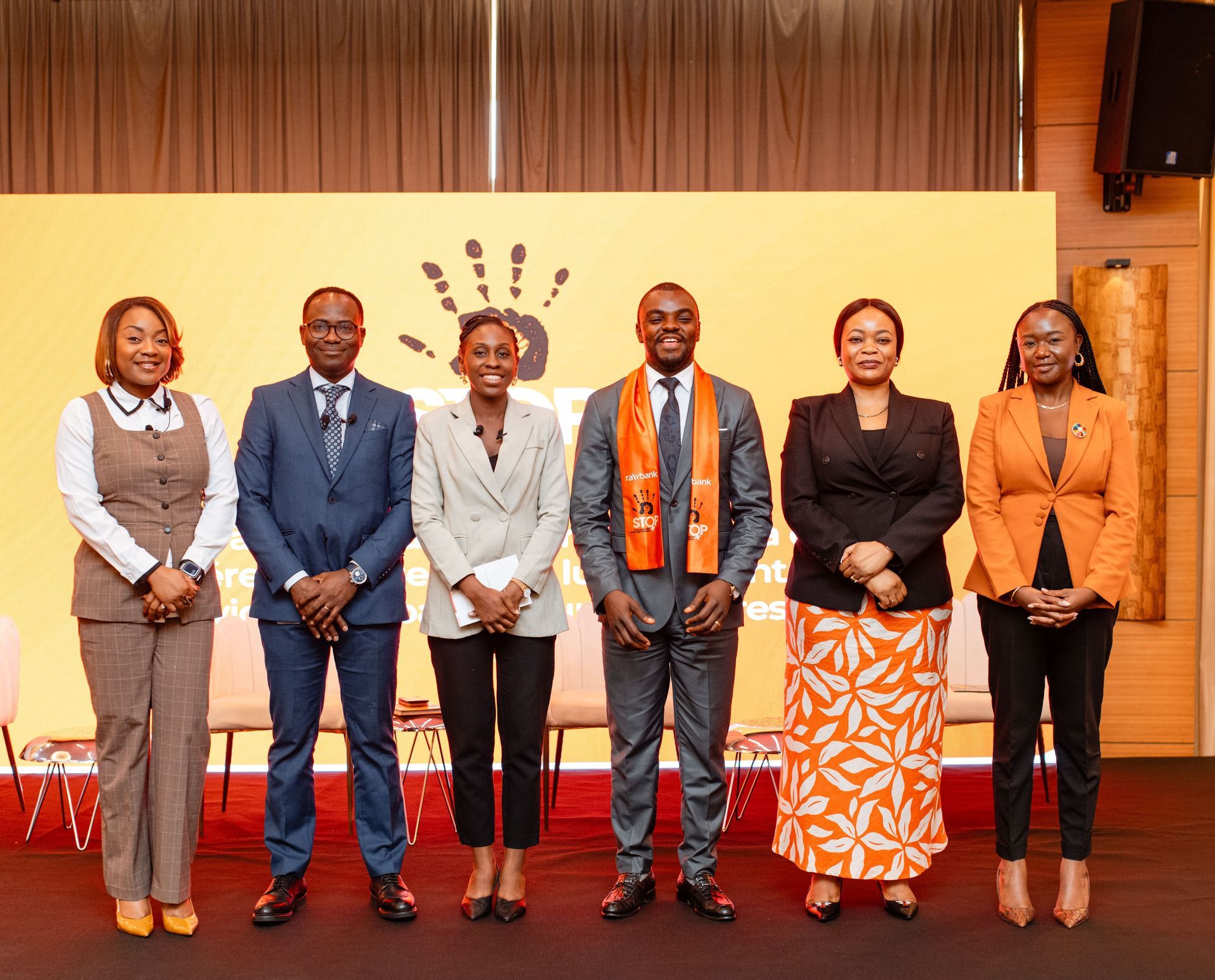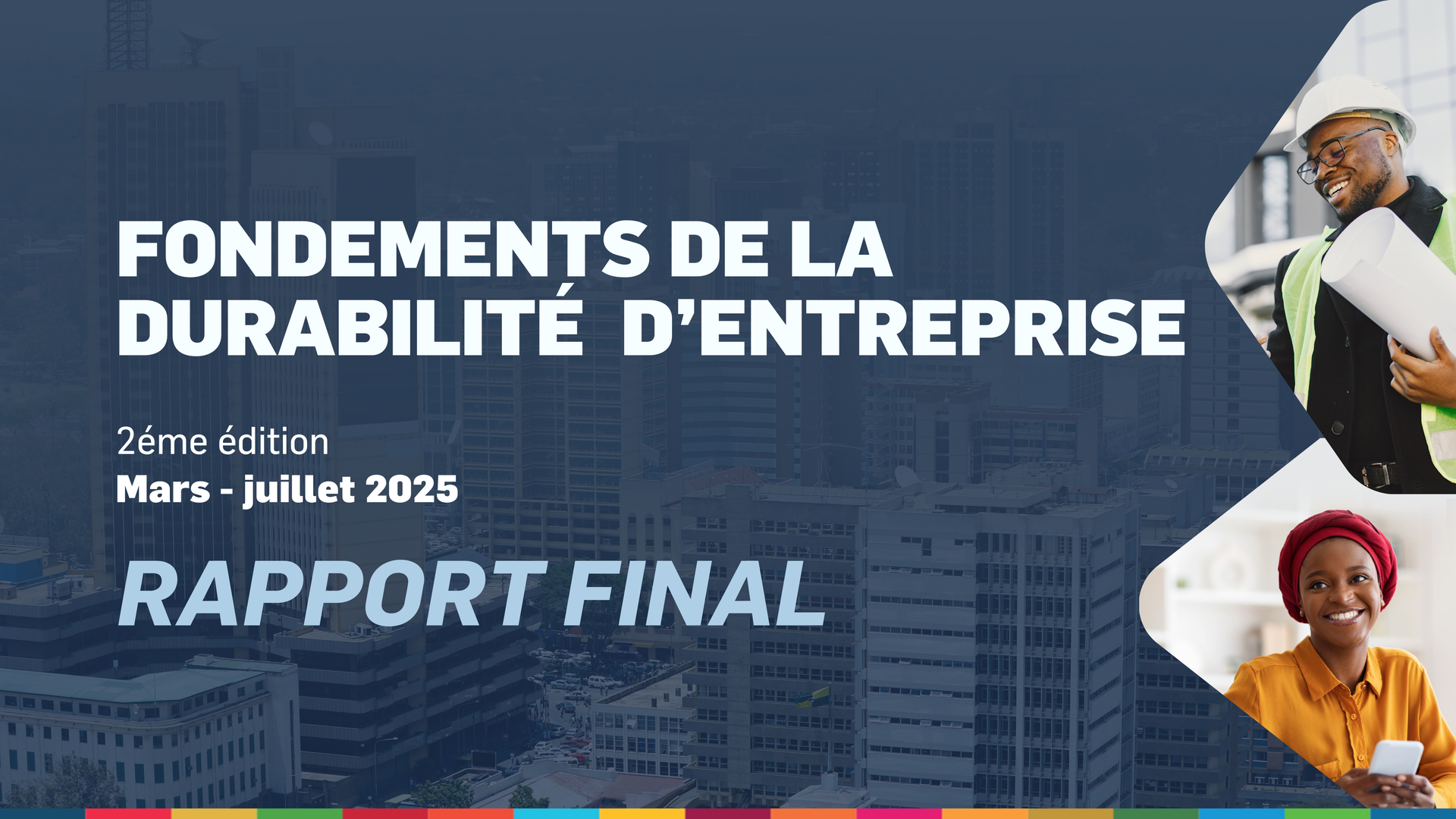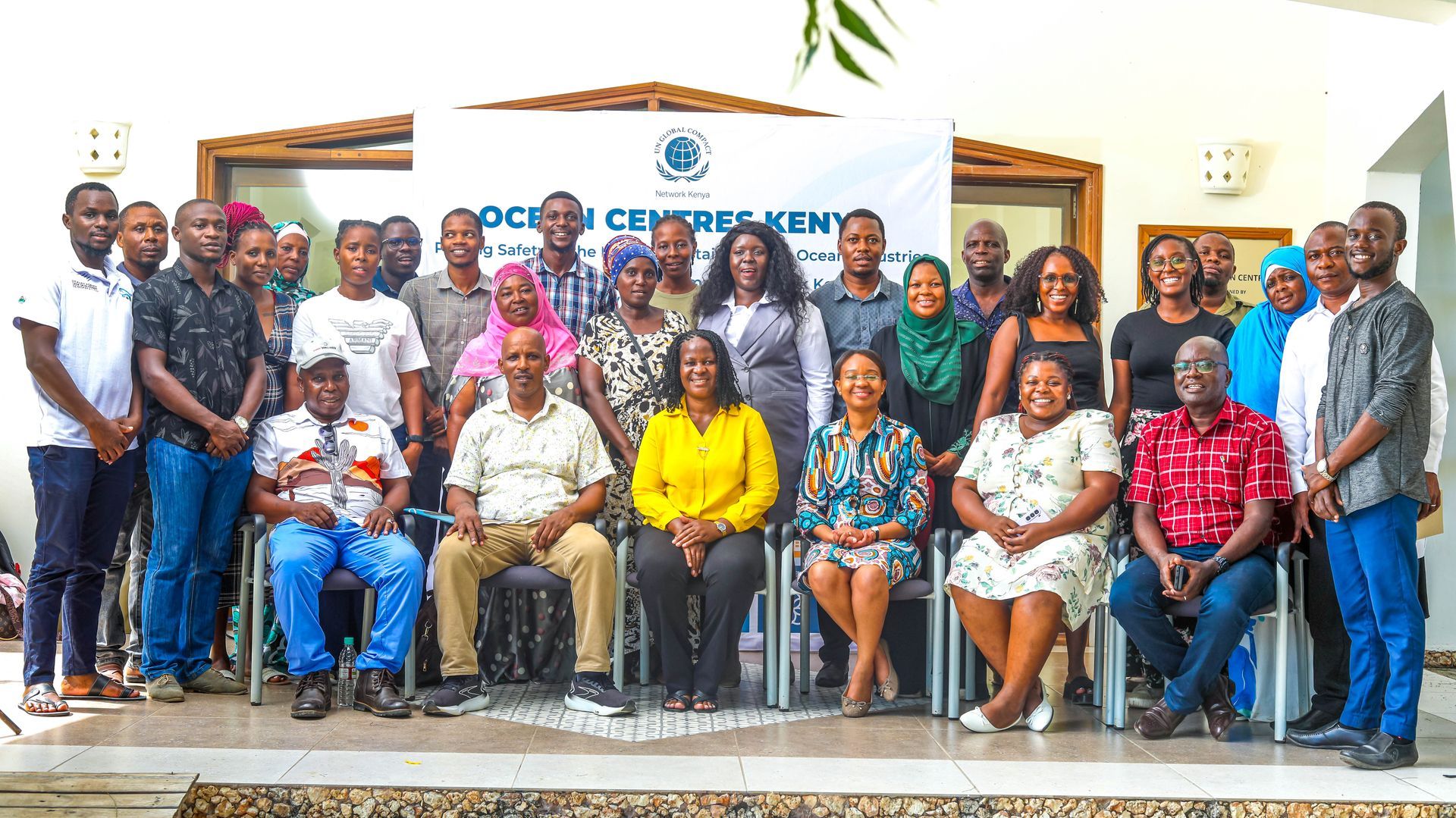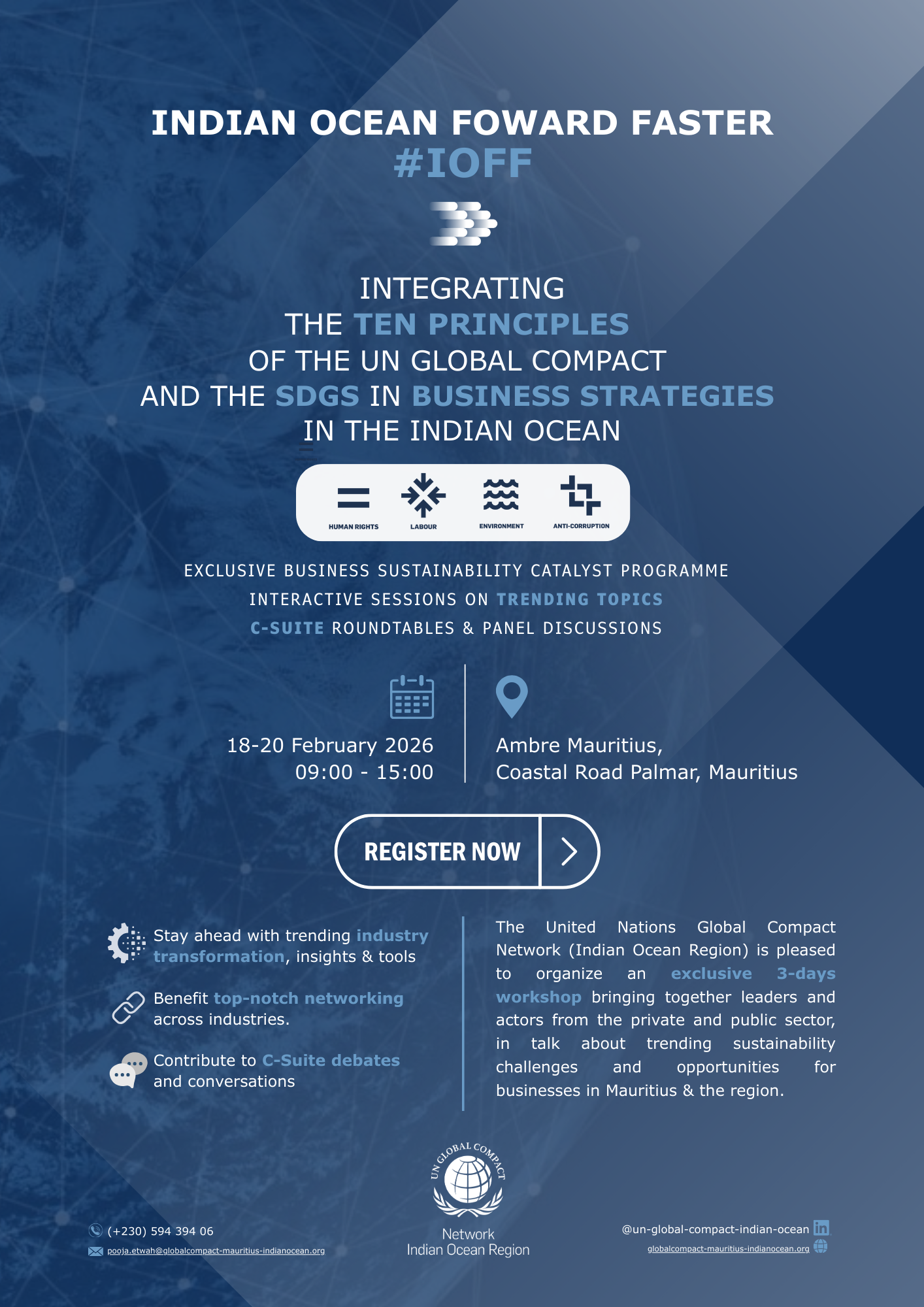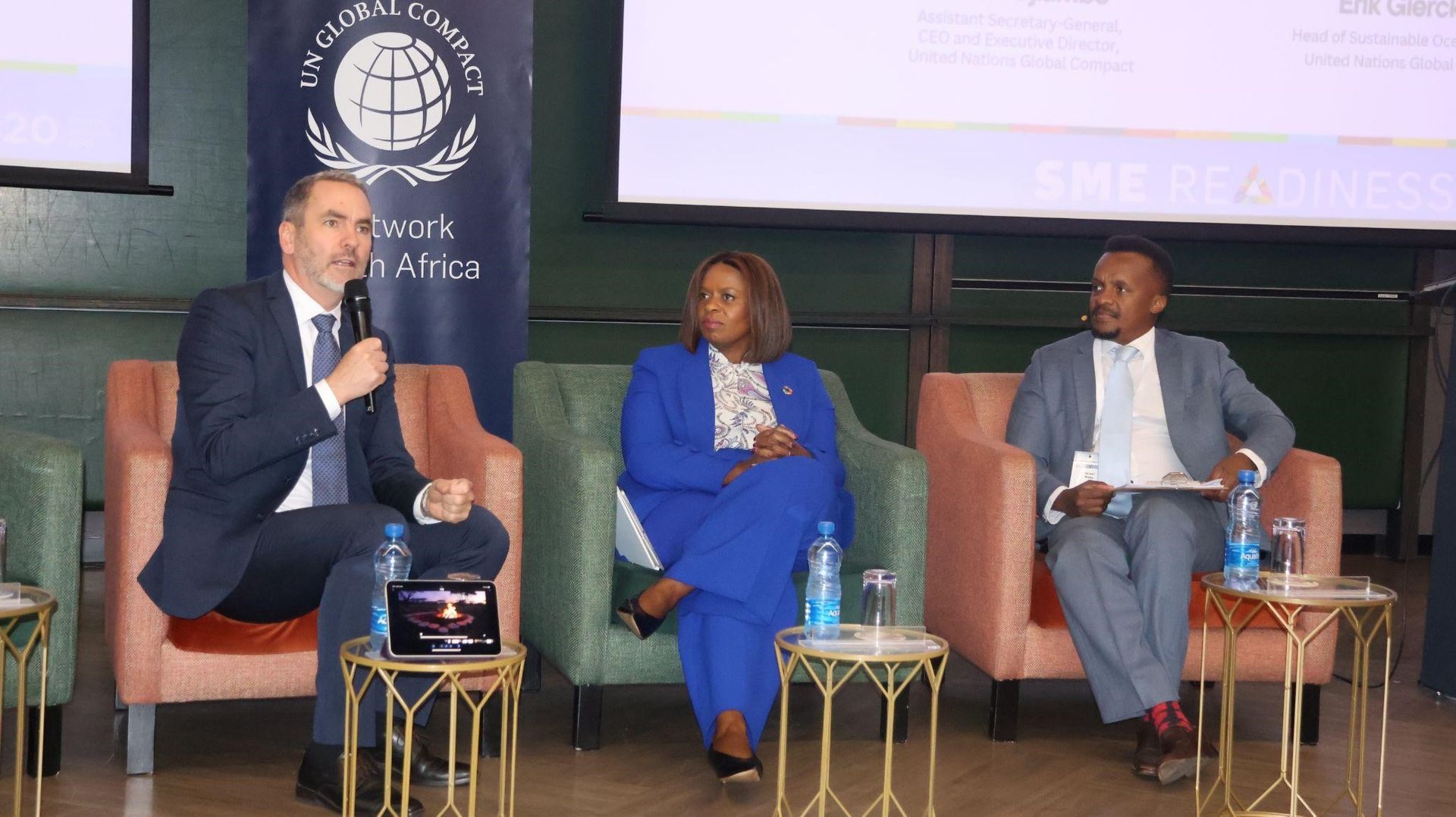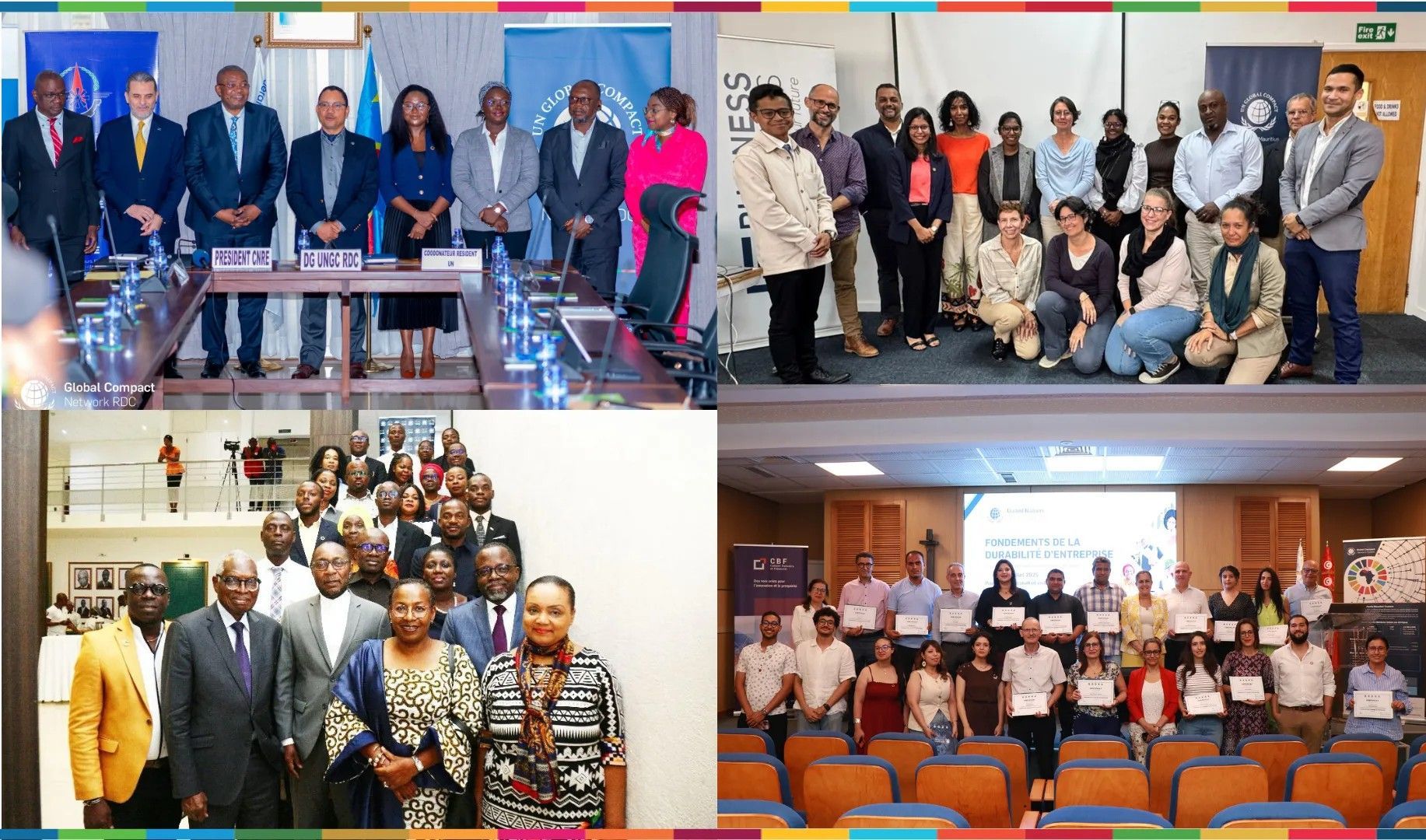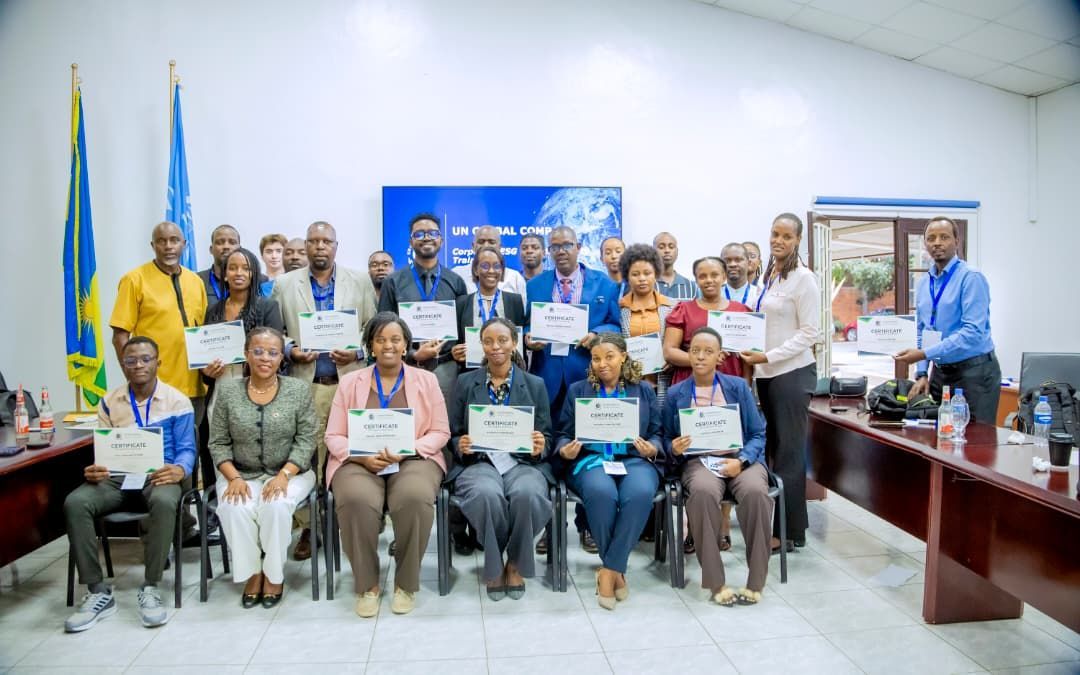Unstoppable Africa Concludes with Key Announcements and Commitments to Drive Growth in Africa
Key Takeaways from the Unstoppable Africa Summit
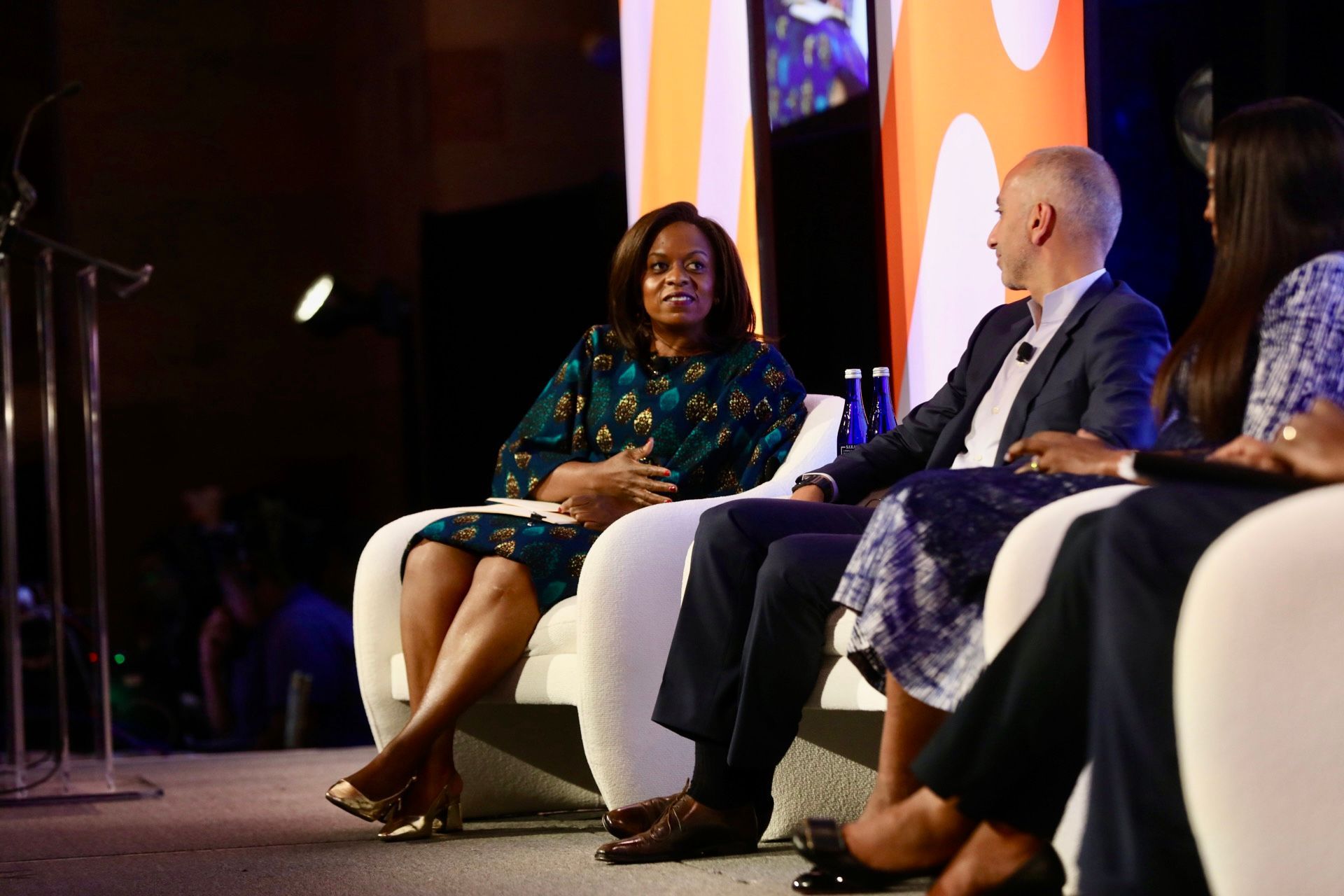
NEW YORK, USA, 26 September 2024 -- The Global Africa Business Initiative (GABI) flagship event wrapped up on September 26, 2024, in New York, successfully concluding a two-day summit held alongside the UN General Assembly. Themed “Unstoppable Africa: Shaping Global Ambitions for Agenda 2063”, the event attracted over 2,000 leaders, CEOs, investors, policymakers, and innovators, all focused on positioning Africa as a global leader.
The summit emphasized inclusive participation and solution-driven solutions, culminating in a final roundtable where stakeholders committed to tackling pressing challenges. Key topics included unlocking inclusive trade growth, Africa's role in clean energy, digital advancements, and the global impact of African creativity and sports.
Powerful Closing Remarks
UN Assistant Secretary-General Sanda Ojiambo commended the Africa Business Leaders Coalition for its leadership, noting a nearly 25% reduction in carbon footprints among participating businesses since launching a climate statement at COP27. Deputy Secretary-General Amina J. Mohammed stressed the critical role of Africa's private sector in driving impactful change, emphasizing that with the right investments and partnerships, Africa is poised for transformative growth.
Introducing Itana: A Digital Future for Africa
A major highlight was the launch of Itana, Africa’s first Digital Free Zone. This initiative enables global technology, finance, and service businesses to operate seamlessly in Nigeria and scale across Africa, entirely online. Itana offers attractive incentives, including tax breaks, streamlined immigration processes, and tailored banking solutions, along with a live-in accelerator program and live-work districts that showcase the future of African urban development.
Insightful Panels and Discussions
Day Two started with a panel on closing Africa’s climate finance gap, which revealed that the continent receives less than 5% of global climate funding despite its renewable energy potential. Another panel explored the rising significance of Africa’s cultural and creative industries, highlighting their role in economic growth and reshaping narratives.
The discussion on the digital economy included insights from leaders like Rwanda’s ICT Minister, Paula Ingabire, and Safaricom’s CEO, Peter Ndegwa, who emphasized the necessity for strategic financing and inclusive policies.
Additionally, a session on the African fashion sector showcased the industry's growth potential, with a focus on female designers dedicated to establishing a competitive presence in the global market.
NBA Africa Startup Accelerator Award
Clare Akamanzi, CEO of NBA Africa, presented the NBA Africa Startup Accelerator award to Festival Coins, a Nigerian tech company known for its Tix Africa platform, which simplifies event registration and ticketing in Nigeria and Ghana. This initiative aims to support Africa’s tech ecosystem by providing mentorship and funding to emerging entrepreneurs.
New Partnerships and Future Directions
The event also served as a platform for announcing significant partnerships aimed at shaping Africa's future:
- Mine Tech Hub Contribution: H.E. President Hakainde Hichilema of Zambia announced a significant contribution to the Mine Tech Hub, which aims to promote technological innovation in the mining sector, ensuring sustainable and inclusive growth.
- Timbuktoo Initiative: H.E. Philemon Yang, President of the UN General Assembly, expressed his strong support for the Timbuktoo Initiative, a global effort led by UNDP Africa focused on youth empowerment, digitalization, and sustainable development.
- Infrastructure Collaboration: Turkish construction company SUMMA and TAV Airports announced a collaboration to enhance infrastructure development and investment opportunities in Africa, Selim Bora, Chairman of SUMMA, said: ‘‘We believe in the transformative power of infrastructure to shape the future of Africa. For over a decade, we have proudly partnered with nations across the continent creating opportunities for economic growth, job creation, and improved quality of life. 'Unstoppable Africa' is a testament to the resilience, ambition, and growth that we see across the region.”
Key initiatives for 2025 include:
- Food Systems: GABI signed a $250,000 partnership with PepsiCo to mobilize the private sector in Africa to transform food systems. The partnership will coincide with key milestones, including a GABI Bridge at the UN Global Compact Annual Local Network Forum in South Africa in 2025 and the Food Systems Summit.
- Education: A planned partnership with the Global Partnership for Education (GPE) will focus on transforming Africa’s education systems. This collaboration will build on the outcomes of the 2022 Transforming Education Summit and begin with a side event hosted by GPE during Convene in 2025.
The 2024 GABI event concluded with optimism and a shared commitment to harness Africa’s potential for global leadership. With concrete plans and partnerships now established, the initiative is poised to continue its momentum toward a future where Africa leads on the global stage.
View photos from Day 2 here and event B-roll here. For more information about Unstoppable Africa event, please visit the Website
